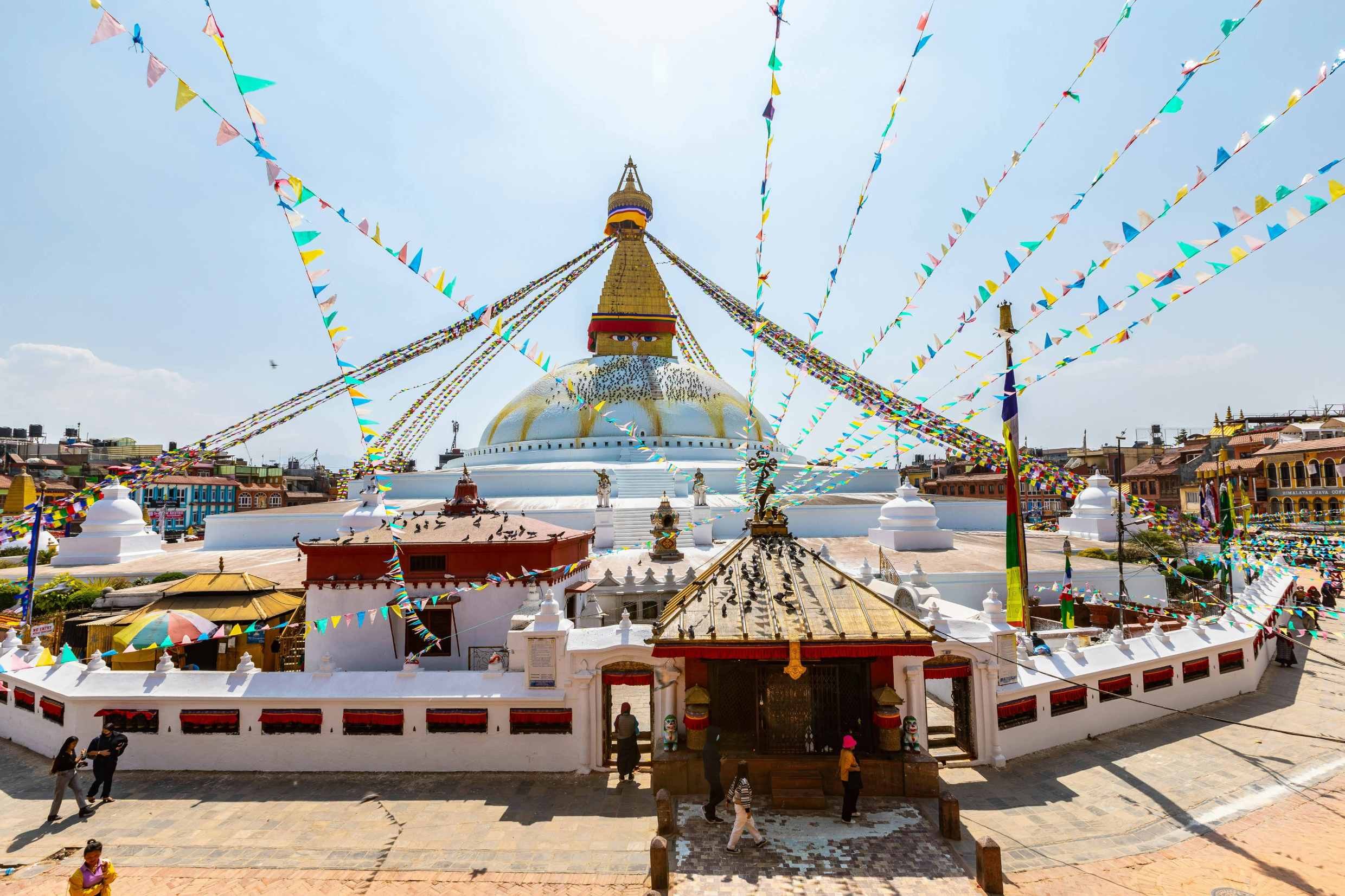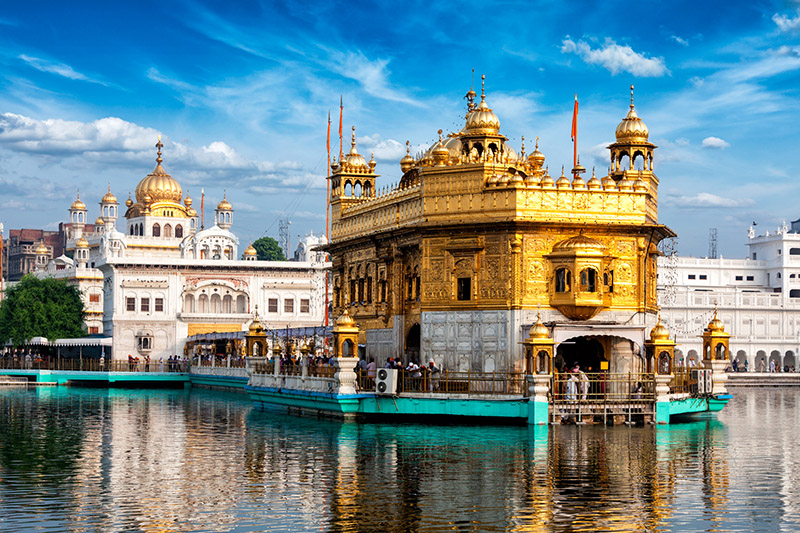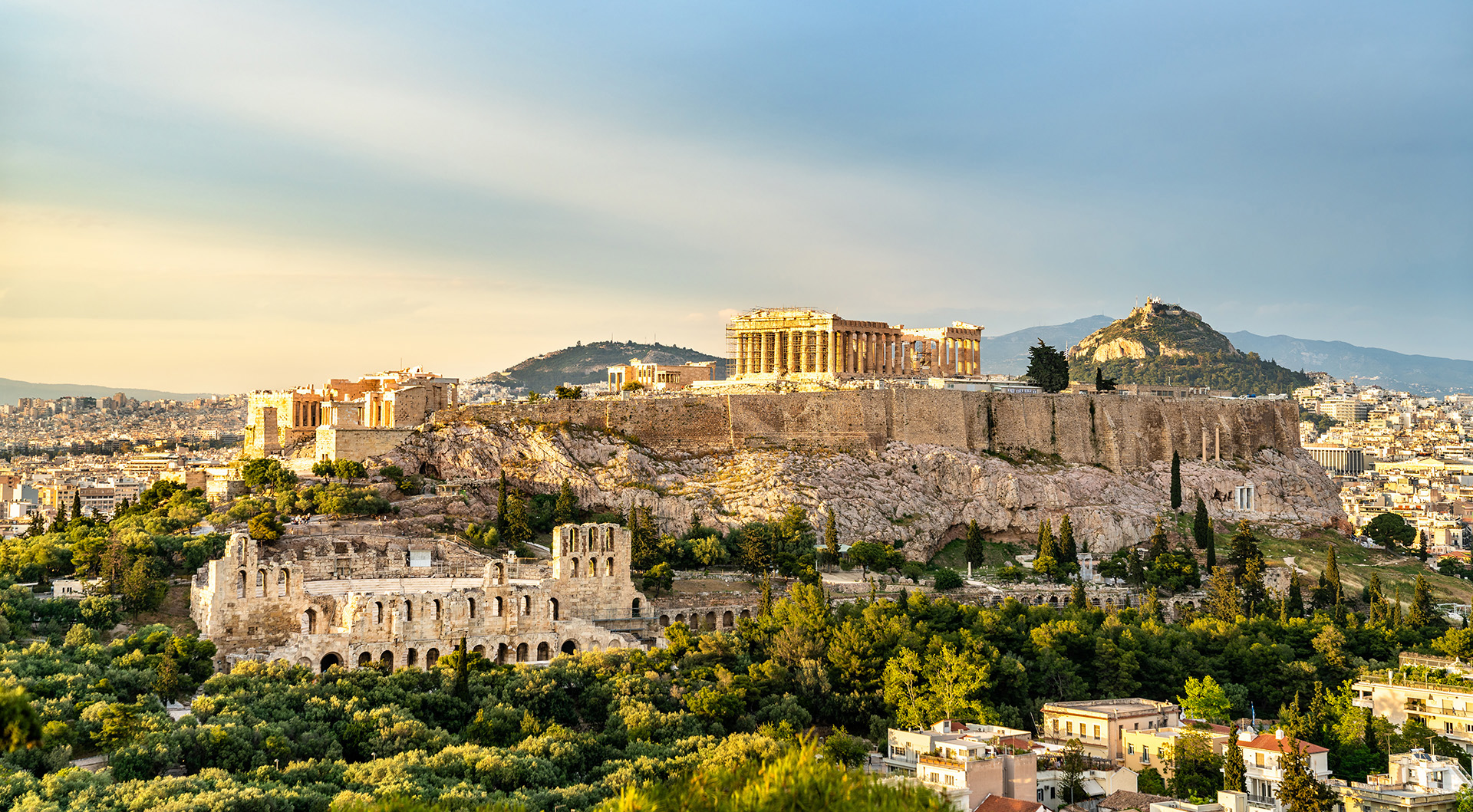Learning objective
- To investigate the significance of the River Ganges for religious and non-religious people.
Success criteria
- I can explain why people from different
This content is for subscribers only. Join for access today.
Religious Education Council Curriculum Framework for RE in England (non-statutory guidance):
- A1: Describe and make
This content is for subscribers only. Join for access today.
Cross-curricular links
RSE
Respectful
This content is for subscribers only. Join for access today.
Before the lesson
This content is for subscribers only. Join for access today.
Lesson plan
Recap and recall
Display the Presentation: What makes the Harmandir Sahib significant? and ask the children to share with a partner anything they can remember about the Harmandir Sahib’s significance from the previous lesson, using the prompts for support.
This content is for subscribers only. Join for access today.
Extended-mode explainer videos
How to extend your display to view the lesson page and preseantion mode simultaneously. Choose your operating system below to watch the video
If you need further support with extending your display,
please contact [email protected].
Extended-mode explainer video: For Mac
Extended-mode explainer video: For Windows
Adaptive teaching
Pupils needing extra support
Could verbally list associations with water rather than writing them down; could complete the Activity: Tourism, which has sentence starters to support the children with their writing.
Pupils working at greater depth
Should consider why the River Ganges is significant for many non-Hindu and non-religious people; could write guidelines for a specific group of people, e.g. pilgrims, Hindus, non-Hindus, locals, etc; should include reasons for following each suggestion in their guidance.
This content is for subscribers only. Join for access today.
Assessing progress and understanding
Pupils with secure understanding indicated by: explaining religious associations with water; exploring
This content is for subscribers only. Join for access today.
Vocabulary definitions
-
cleanse
To make something clean or fresh (free from dirt, guilt or impurities).
-
suggest
To offer an idea or plan for someone to consider.
This content is for subscribers only. Join for access today.
In this unit
Assessment - Y5: Why are some places in the world significant to believers?
Lesson 1: What can make a place significant?
Lesson 2: How can religious events make a place significant?
Lesson 3: What makes the Harmandir Sahib significant to many Sikhs?
Lesson 4: How can a river be a goddess?
Lesson 5: Can relics make a place significant?
Lesson 6: Who can visit significant places?




